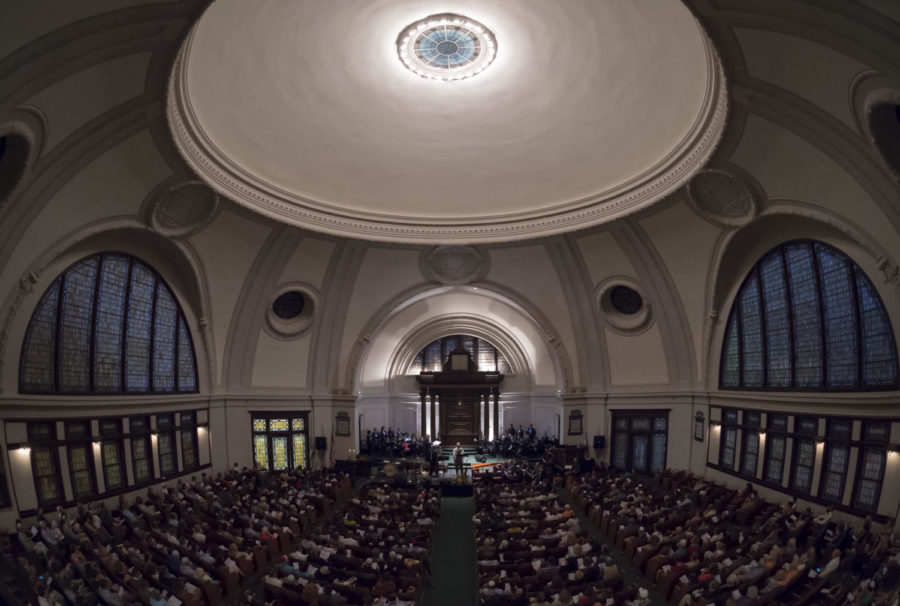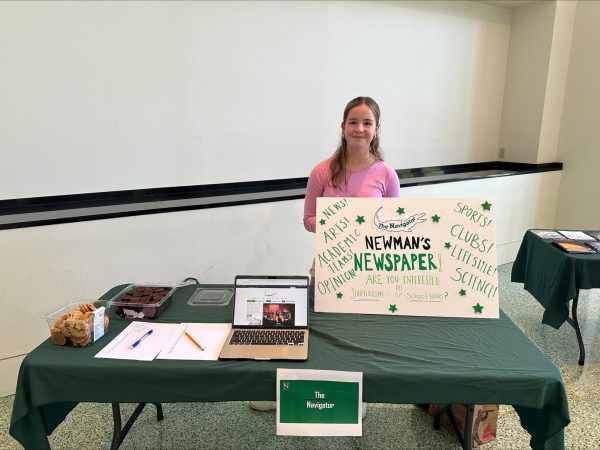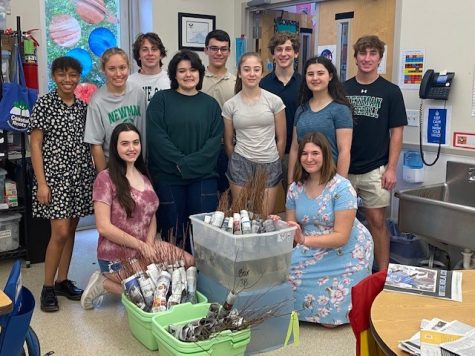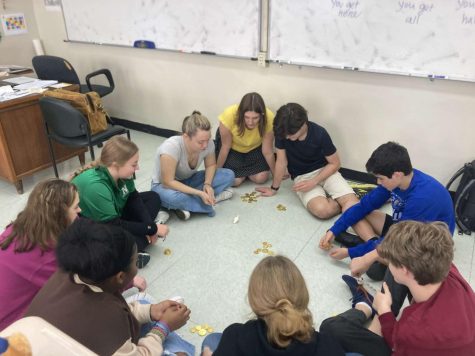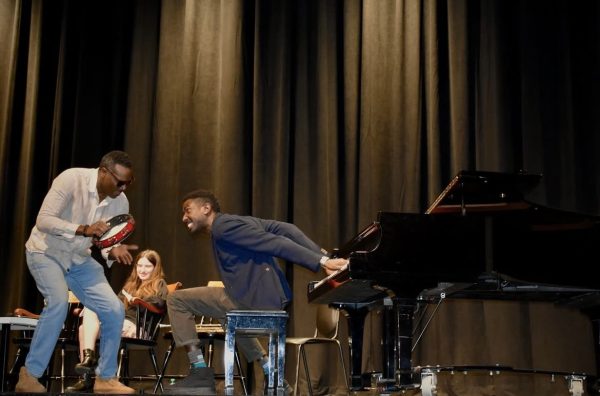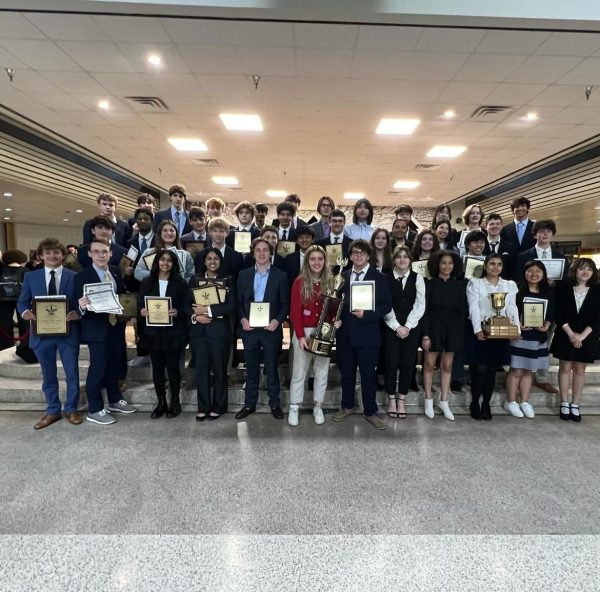Yom Kippur and the Jewish Cultures Club
Yom Kippur is considered to be the holiest day for people who practice Judaism. It is essentially a day of atonement. This means you confess and reflect on all of the sins you committed from the past year, so God may forgive you. People of the Jewish faith celebrate Yom Kippur by not consuming food and drink, not your washing hands or your body, not applying lotions or creams, not wearing leather footwear, and abstaining from any marital relations. Instead, they spend the day in synagogue, praying for forgiveness. While many Jewish people celebrate Yom Kippur in a much less intense way, they still showing the same respect.
As a founder and president of the Jewish Cultures Club at Newman, it is our goal to have an inclusive environment to discuss Judaism. In our last meeting we all shared what we had done to celebrate Yom Kippur. The majority of us attempted to fast, but with the rigors of sports and a growling stomach, only a few succeeded. In spite of failed fasts, almost all of us attended services at our respective synagogues.
Though a lot of traditions are the same for everyone, Yom Kippur’s deeper meaning has a different effect on everyone. Max Jacobson, a Junior at Newman School, talked about how he uses this day of forgiveness to really reflect on his relationships with his family and his friends because that is what is most important to him. Katherine Kramer, another Junior at Newman School, doesn’t actively practice Judaism, but while learning about what Yom Kippur symbolizes, she realized she also wanted to reflect on all of her regrets from the past year. The Jewish Cultures Club works to include people of all beliefs in their club because many aspects, such as the search for forgiveness on Yom Kippur, can benefit someone from any background.

